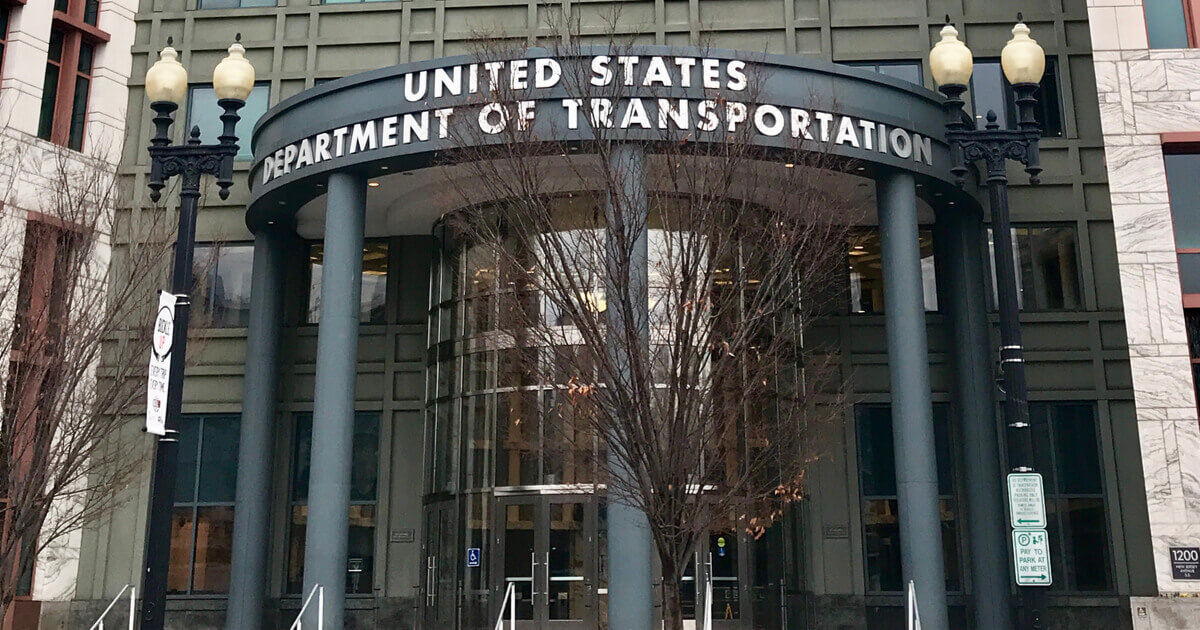
Under the leadership of newly appointed Administrator Robin Hutcheson, the Federal Motor Carriers Safety Association allowed the hours of service exemptions implemented during the pandemic to lapse. However, inconsistencies in federal policies and driver shortages may require increased flexibility.
Initiated in March 2020, truckers hauling essential goods and materials enjoyed discretion in terms of taking breaks. The relaxation of the hours of service regulations were updated upwards of 10 times. Things were added and removed from the list of exempt loads, with core items, such as livestock, medical supplies, vaccines, groceries, and fuel, remaining on the list. The most recent extension was issued in September 2022, but it timed out in mid-October.
“We evaluated the data coming back on who was using it, as well as the evaluation of the comments we received. We also looked at where we are with COVID, and the guidance that has been coming out on that. All was behind the decision to let it expire,” FMCSA Administrator Hutcheson reportedly said. “The tools we have are limited to the authorities that we have, and based on the feedback we received, we feel like we made the right call.”
The FMCSA appears to see the pandemic as largely behind the country, a position consistent with neighboring Canada. But the U.S. Department of Health and Human Services (HHS) apparently disagrees. The HHS recently renewed its position that the “Public Health Emergency Exists.”
“As a result of the continued consequences of the Coronavirus Disease 2019 (COVID-19) pandemic, on this date and after consultation with public health officials as necessary, I, Xavier Becerra, Secretary of Health and Human Services, pursuant to the authority vested in me under section 319 of the Public Health Service Act, do hereby renew, effective October 13, 2022,” HHS reports.
The differences regarding the health emergency prove problematic for cross-border freight operations. Canada has rescinded its mandate that required drivers to show proof of vaccination to enter the country. Unvaccinated Canadians returning from the U.S. were required to quarantine for 2-3 weeks, effectively sidelining truckers. Organizations such as the Owner-Operator Independent Drivers Association and American Trucking Associations have urged the Biden Administration to follow suit.
“While we wish the governments moved together on this policy, we are very pleased Canada made the change, and we are hopeful that the U.S. will follow in the not-too-distant future,” American Trucking Associations chief economist Bob Costello reportedly said.
Other industry leaders have indicated that restrictions on truck transportation need to be rethought or eliminated. Ranchers and growers continue to struggle with trucker availability. Stakeholders have called for permanently loosening hours of service in the agricultural sector.
“Agricultural shippers have been experiencing significant rail service challenges and emergency truck freight has been indispensable to helping meet demand,” National Grain and Feed Association CEO Michael Seyfert reportedly said. “Even though truck transportation capacity is tight, agricultural shippers have been forced to find extra truck freight to help fill the void where rail is unavailable or unreliable. While the trucking industry is doing what it can to help with the rail service challenges, there is a limited amount of trucking capacity.”
Hours of service regulations, combined with a national truck parking shortage, continue to hamper supply chain efficiency.
Sources: freightwaves.com, aspr.hhs.gov











Leave a Comment